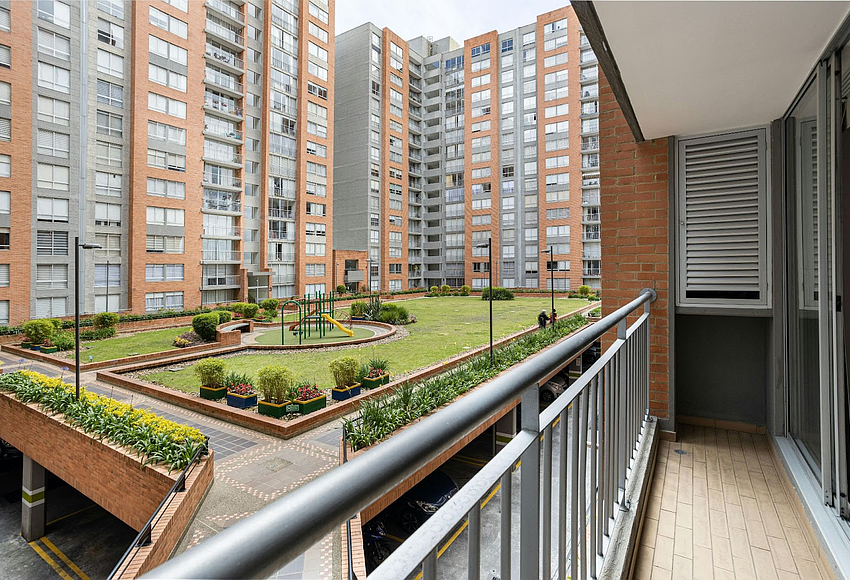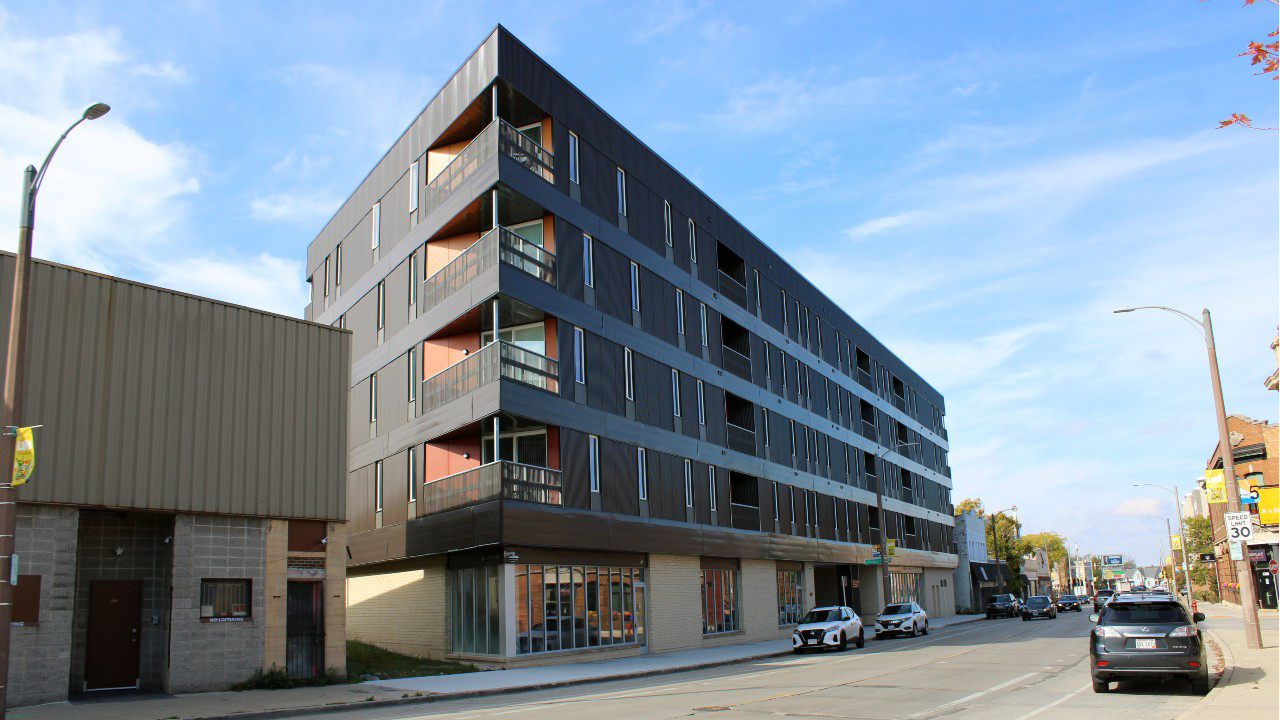T
he sharing economy is transforming real estate with its growing popularity in co-living and co-working spaces. By 2032, the co-living market is projected to reach multimillion-dollar status, offering affordable housing options for travelers worldwide. However, concerns arise about increased rent and reduced affordable housing.
Co-living refers to shared housing where multiple families live together, sharing common spaces and expenses. This model provides convenience, community, and lower costs compared to traditional renting. Young people opt for co-living to save for their future home, but challenges include lack of privacy, noise from neighbors, and high rent.
Despite these drawbacks, co-living offers benefits such as reduced loneliness and improved mental health through built-in communities. Shared learning and meaningful connections form by collaborating in shared spaces. Co-working spaces also provide flexibility and collaboration opportunities for businesses and entrepreneurs, with a market value anticipated to exceed $40 billion by 2030.
Fractional ownership is another real estate investment option that allows individuals to purchase shares of properties, providing consistent access to a location without the full financial burden. Real Estate Investment Trusts (REITs) offer exposure to real estate assets without direct management or financing responsibilities.
The shared living concept is gaining traction, driven by emerging trends and technologies. Future shared-living projects will prioritize sustainability, with eco-friendly designs and energy-efficient solutions reducing individual carbon footprints. Smart home technologies will enhance convenience, while flexible living arrangements cater to the gig economy and remote work trends.
The sharing economy's impact on real estate extends beyond cost savings, enhancing networking opportunities, professional development, and personal growth. Co-working and co-living spaces are poised to shape the real estate investment world, offering promising concepts for a more connected and sustainable future.















